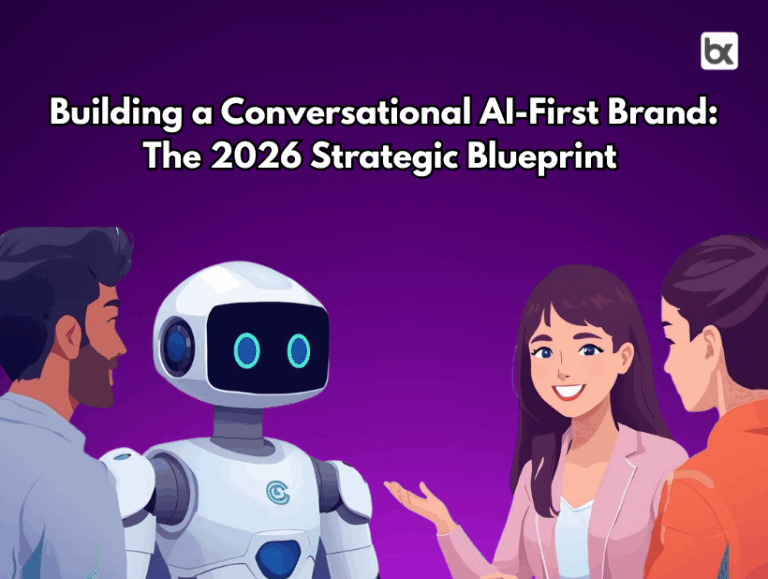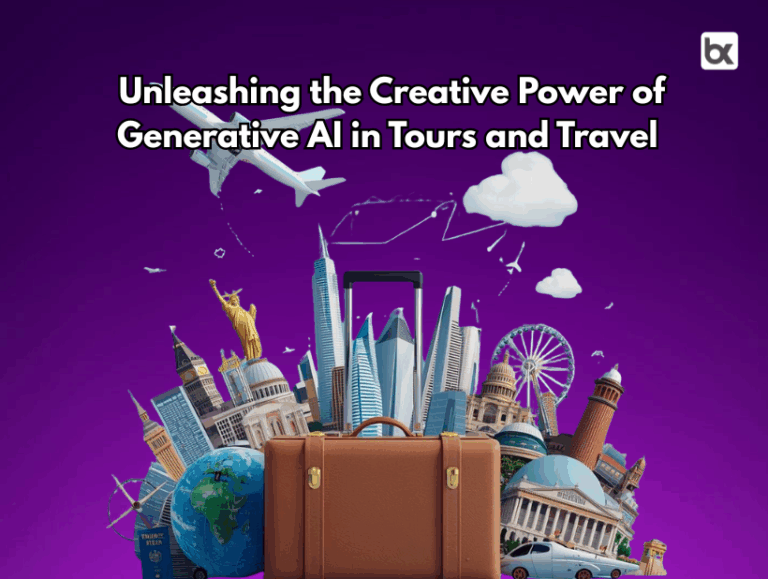Brave Exposes AI Browser Prompt Injection Risks
Brave Exposed a Dangerous AI Browser Vulnerability
Introduction: Brave Sounds the Alarm on AI Browsers
When Brave published its security research revealing systemic flaws in agent-enabled browsers, it sent a major warning to the AI and browser world. The vulnerability revolves around prompt injection, where hidden instructions embedded in webpages or screenshots trick AI systems into unintended behavior.
The affected platforms include Perplexity Comet, Fellou browser, and others in the emerging category of AI browsers, raising questions about the trustworthiness of conversational AI agents operating within browsers.
When an AI browser acts on your behalf, the line between user intent and malicious command becomes fragile. Brave’s disclosure suggests that even trusted sites and content could turn into attack vectors in the Brave AI era.
What Is the Vulnerability and Why It Matters
At the core of these security flaws lies prompt injection, a method used to manipulate large language models by embedding adversarial instructions. According to Wikipedia’s definition, it’s when malicious actors craft inputs that look normal but direct AI models to act against user intent.
In Perplexity Comet, Brave’s researchers found that taking a screenshot of a webpage containing hidden text could cause the AI to ingest and execute those commands — such as accessing emails, logging into accounts, or transferring data.
In Fellou’s case, even simple navigation to a compromised webpage could expose authenticated sessions since the browser passed full page content to the AI model without filtering.
These aren’t isolated incidents. They represent a weakening of browser security assumptions like the same-origin policy and CORS protections. Once your AI browser has system privilege, it becomes a high-value target.
Who Is Affected and What Are the Implications
The most affected users are those relying on AI browsers that act as digital assistants. Every “summarize this page” or “reply to this email” request becomes a potential risk.
For everyday users, this includes exposure of credentials, banking data, and private files because the AI agent operates inside authenticated sessions. The Register Note that these browsers are effectively running with admin-level access to user data.
For enterprises deploying AI browsers or Brave AI-like solutions, the consequences extend to compliance violations and data breaches. A malicious prompt injection could lead to data leaks or unauthorized automation; posing a risk to both privacy and brand reputation.
What Brave’s Findings Mean for Browser and AI Developers
Brave’s findings are more than a technical footnote; they are a turning point for browser security in the age of conversational AI. Developers need to focus on:
- Stronger Input Validation: Clearly separating user input from webpage content when feeding data into LLMs.
- Explicit Confirmation Steps: Ensuring agentic actions like form submissions or purchases require user verification.
- Reassessing Browser Privileges: Revisiting how AI integrations are sandboxed to prevent cross-site data exposure.
If you are building an AI-enabled browser or assistant, treat this as a blueprint for responsible innovation. Convenience should never come at the cost of user control.
How Users Can Protect Themselves Today
Until browser vendors strengthen their defenses, users can mitigate risks with a few best practices:
- Avoid giving your AI browser permission to perform transactions or logins without confirmation.
- Use a separate, traditional browser for sensitive tasks like banking or enterprise work.
- Enable two-factor authentication for all high-risk accounts.
- Follow security updates directly from Brave’s official blog for ongoing research and mitigations.
Conclusion: The Era of Agentic Browsing Needs Guardrails
Agentic browsing where AI doesn’t just assist, but acts represents a major evolution in human-computer interaction. But with that comes responsibility. Brave’s exposure of prompt injection vulnerabilities in Perplexity Comet and Fellou browser highlights the urgent need for safer architecture.
As the future of conversational AI unfolds, trust, transparency, and containment will define which platforms survive. The browser is no longer just a viewing tool; it’s an active participant in your digital life. It’s high time developers and users treat it that way.
Start for free. Launch in minutes. Let your website talk.
Try botxpert today and build your ideal website chatbot.
check out our other blogs to know more. blogs.botxpert


